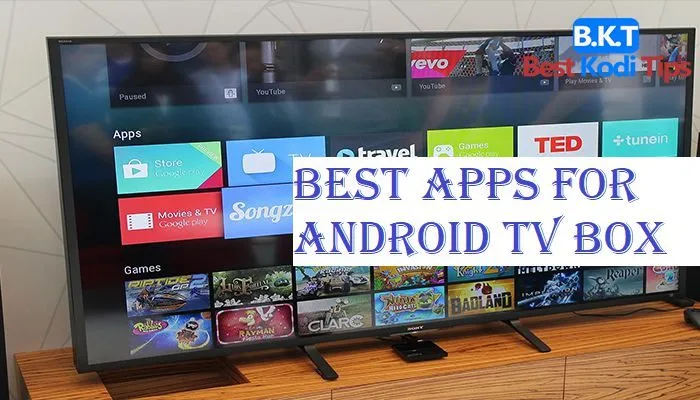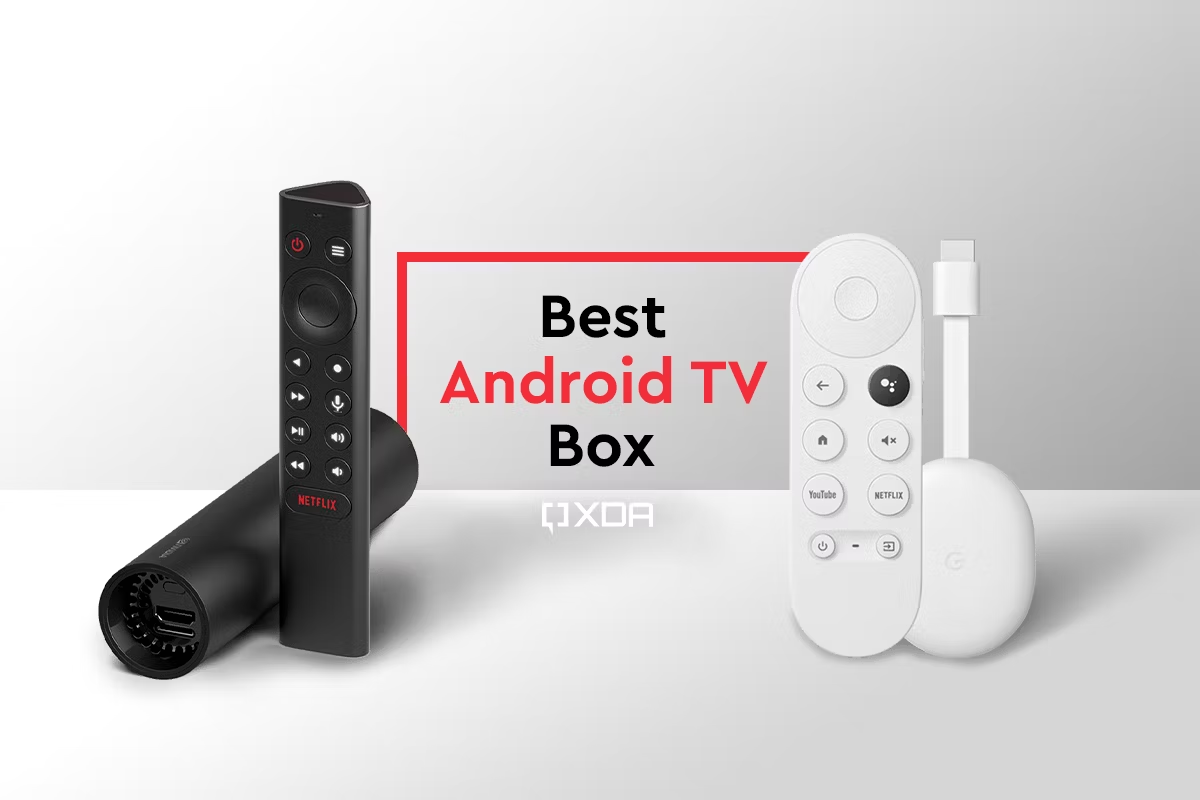
Microsofts mobile gaming opportunity
Phil Spencer, the CEO of Microsoft’s gaming division, declared this week that Microsoft could release an volitional app store on both iOS and Android as soon as next year if its vanquishment of Activision Blizzard is approved. Spencer’s comments come as the deal faces competitive review by a number of regulatory agencies, most notably the UK’s Competition and Markets Authority (CMA), which will issue a decision on the matter in late April.
The worthiness to launch an volitional app store on iOS will be catalyzed and facilitated by the EU’s Digital Markets Act (DMA), which primarily goes into effect next year (I provide an overview of the DMA here). In The DMA and the Content Fortress-ification of the app economy, I oppose that the DMA is increasingly likely to marginally increase the size of the existing smartphone content distribution oligopoly currently controlled exclusively by Apple and Google, rather than instigating the blossoming of an unshut and vibrant marketplace of app stores. From the piece:
A increasingly likely outcome of the DMA than volitional app stores proliferating and gaining traction on either iOS and Android, where they are currently allowed, is the velocious Content Fortress-ification of the app economy…The threat to Apple (and to a lesser extent, Google) from the DMA isn’t that apps will sidestep the App Store through uncontrived consumer installs: ATT made sure of that by erecting barriers to reaching relevant audiences through uncontrived response advertising. What the DMA will do is indulge large social platforms and some other scaled businesses (eg. Epic Games) to launch stores that lure developers through lower processing fees and customers through existing relationships.
(Excuse the fact that I use an incorrect ticker symbol for Microsoft, which trades as $MSFT, in the tweet above)
Microsoft is unmistakably invested in joining this expanded oligopoly, and for good reason: the visitor once possesses the component parts for a Content Fortress wideness identity (through XBox hallmark and the XBox network), content (its existing portfolio of games), and AdTech through its vanquishment of Xandr. Microsoft has once spoken to the scale of its razzmatazz ambitions; from Microsoft’s Xbox razzmatazz ambitions:
That Microsoft would seek to introduce ads to the Xbox environment is not perfectly surprising: I posited back in January that, if an ad network were introduced to it, Microsoft’s proposed vanquishment of Activision could spawn a considerable content fortress, consisting of a substantial content portfolio spanning mobile, desktop PC, and console, all supported by a premium subscription product on Xbox, the Xbox Game Pass, with 25MM zippy subscribers. Such a large, contextually-homogenous yet platform-diverse pool of content creates the conditions for efficient cross-promotion and augmented monetization efficiency through personalization (eg. sales and special offers) using first-party data. But an razzmatazz platform is needed to unlock this functionality.
Resistance to Microsoft’s vanquishment of Activision Blizzard mostly relates to tenancy of the Call of Duty franchise, which is seen as the crown jewel of Activision’s content portfolio. But I have contended since the vanquishment was spoken that King — the developer overdue Candy Crush, the ATT-resilient, decade-old game that prestigious its best-ever quarter in Q4 2022 — is an overlooked windfall that would provide Microsoft with a considerable nexus of engagement on mobile. Microsoft published a set of unshut app store operating principles last year that suggested that Microsoft might enter the mobile market with an app store. The current utterance lays yellowish the company’s commercial intentions.
If Microsoft’s vanquishment of Activision Blizzard passes review, Microsoft would enter the mobile space with the goody of a scaled content portfolio, an identity management system, and razzmatazz infrastructure. The integration of these assets, post-acquisition, is certainly not trivial, but the opportunity is substantial: a logged-in subscriber wiring of increasingly than 25MM through the XBox Game Pass, a portfolio of content that spans hundreds of millions of MAUs, touchpoints wideness numerous hardware form factors, and an razzmatazz technology platform that can potentially serve ads within the unshortened portfolio. If this is paired with a mobile app store, Microsoft would be unique in owning all of these components.
.
.webp)
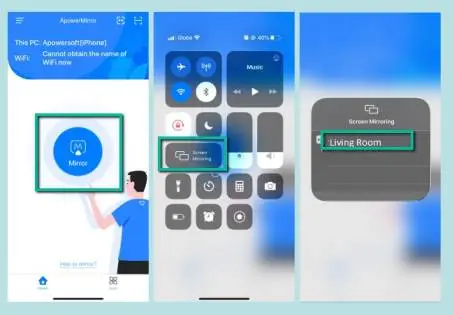

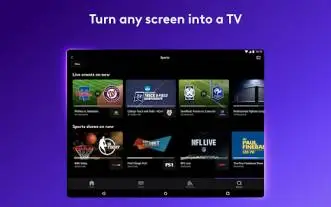
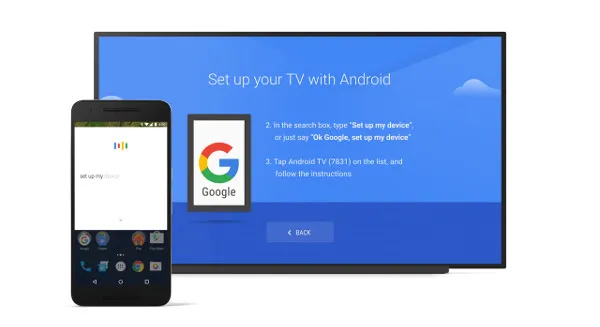
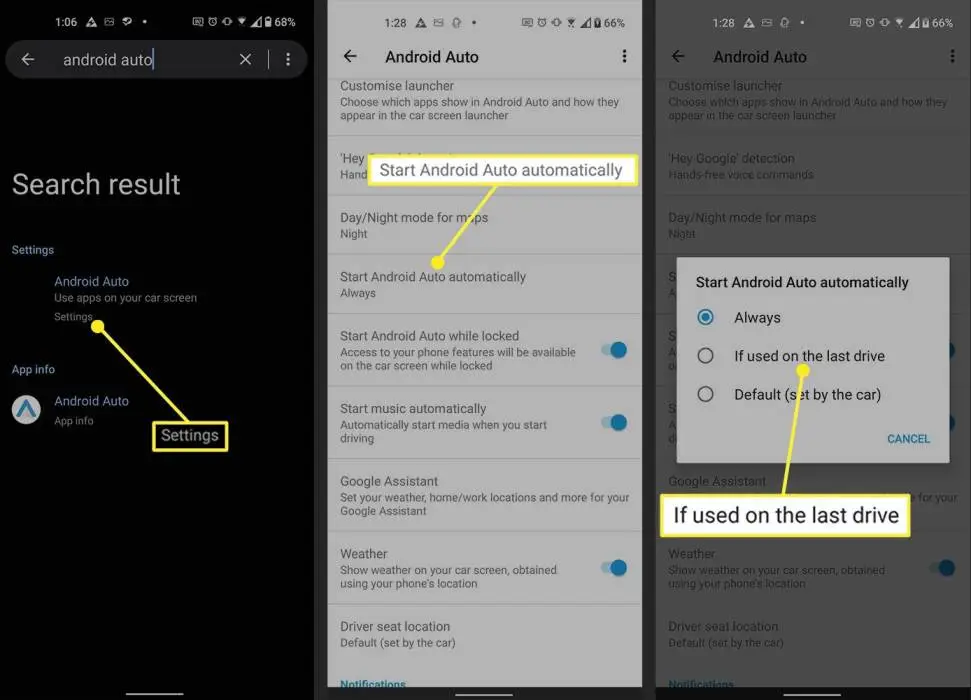
![How I Ditched Google Photos and Took My Backups Back [Video]](/featured/2024/07/ditched-Google-Photos.webp)

